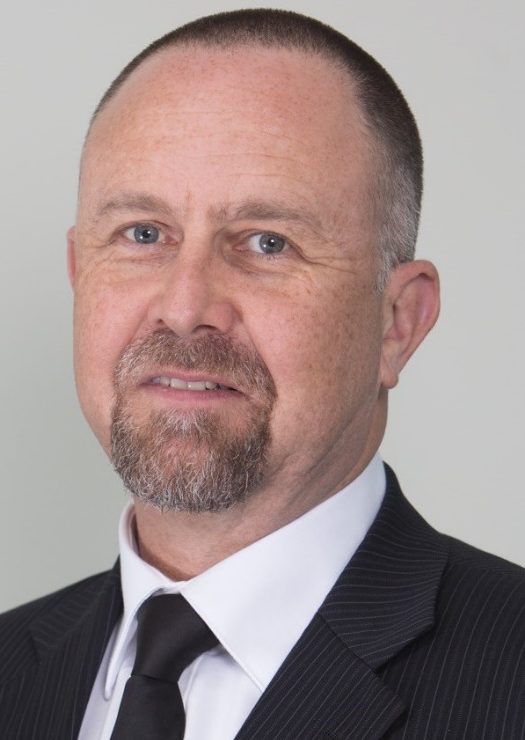Two industry leaders have created a new remuneration model concept for insurance advisers and confirmed they have conducted initial discussions with the Financial Markets Authority (FMA) and various life companies.
The independent initiative has been put forward by PAA Chairman and Financial Advice New Zealand Practitioner Director, Bruce Cortesi, and industry consultant and AIA’s former Head of Distribution/Marketing, Darrin Franks.

Cortesi confirmed that the new model idea is a concept he has been working on for the past four years and is not in any way associated with the PAA or Financial Advice NZ.
Speaking to RiskinfoNZ, he explained the concept involves changing the focus from advisers receiving upfront commission as a percentage of the policy holder’s annual premium to instead receiving a percentage of the total sum insured.
“The Setup fee which would be invoiced to the Insurer would be up to a maximum of 1% of the sum insured with different increments for accelerated and other benefits,” said Cortesi.

“The maximum fee an adviser can charge would also be linked to the persistency they have, which is linked to the solution on the issue of churn that has been so topical recently.”
They also suggest changing the term ‘commission’ to ‘fee’, to remove the concept of commission from the picture entirely and improve perceptions of conflicts of interest.
Under the proposed model, trail commission (currently 5% to 25% of annual premium) would become a service fee still linked to the premium, as it is currently. However, this fee would be paid to the adviser providing the service, linked to persistency and paid by the insurer.
“The model has some future-proofing that may enable this fee to be paid by the client,” explained Cortesi. “However much more dialogue and education needs to be undertaken before that could occur.”
…this concept could be a world-first for the insurance industry…
Franks said this concept could be a world-first for the insurance industry and ultimately hopes to see it standardised and implemented by product providers under a process change.
“There has been a lot said about insurance commission and the behaviour it may incent,” said Franks, “…but there has been little to nothing said of the complexity or improvement that can be made to structures that are decades old and have had no changes made, other than those that further incentivise behaviour and or treat symptoms of the behaviour they have incentivised.”
He added: “We think the New Zealand industry can do better in a way that is relevant for our market, rather than just following other markets that bear similarities to our own but are not the same.”
Cortesi said he had conducted a comparison on commission he had received for a twelve-month period against the proposed fee model and the difference was $1,000 less to the adviser for the same cases he had benchmarked.
Describing it as a transparent, simple model, Cortesi said advisers who they have spoken to so far have been supportive of the idea.
A new model with a simple and fresh approach that is easy to understand by everyone is needed,” said Franks. “Basically cutting commissions and ignoring some of the issues of the current structures wouldn’t help the consumer, the industry or the regulatory goal of supporting access to advice, he explained, warning it could cause advisers to exit the industry.
“A new model with a simple and fresh approach that is easy to understand by everyone is needed.”
Cortesi said the model lines up with other existing commission models such as those in the mortgage space, where commissions are paid to brokers by the lender as a percentage of the amount loaned as well as any ongoing commission for the duration of the loan.
He added the key to this model is that it is an entirely new concept that seeks to address many of the perceived and real conflicts of interest, both at the adviser and insurer level, whilst still ensuring advisers can earn a reasonable remuneration that is easy to understand and enables consumers the access to the advice they need.
Both Cortesi and Franks confirmed that conversations are ongoing, and that there would be a long journey ahead before such a significant change could be implemented across the sector. However, they said they have been impressed by the positive discussions they have experienced to date and with the desire from advisers and other industry contributors to move towards a better structure with better outcomes for all stakeholders.





